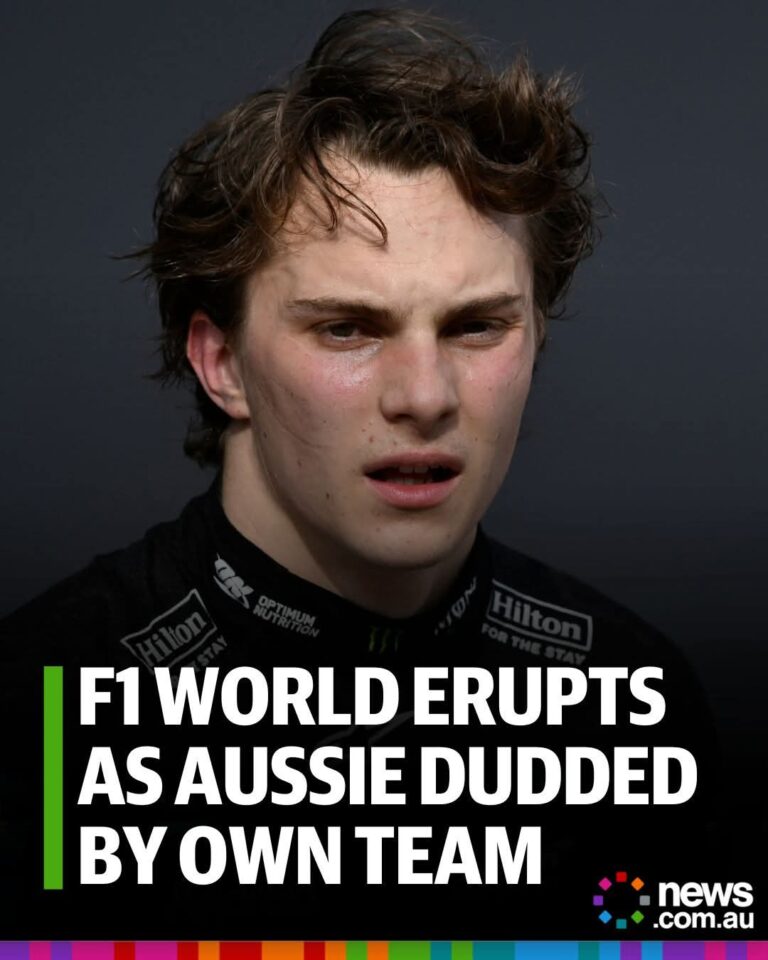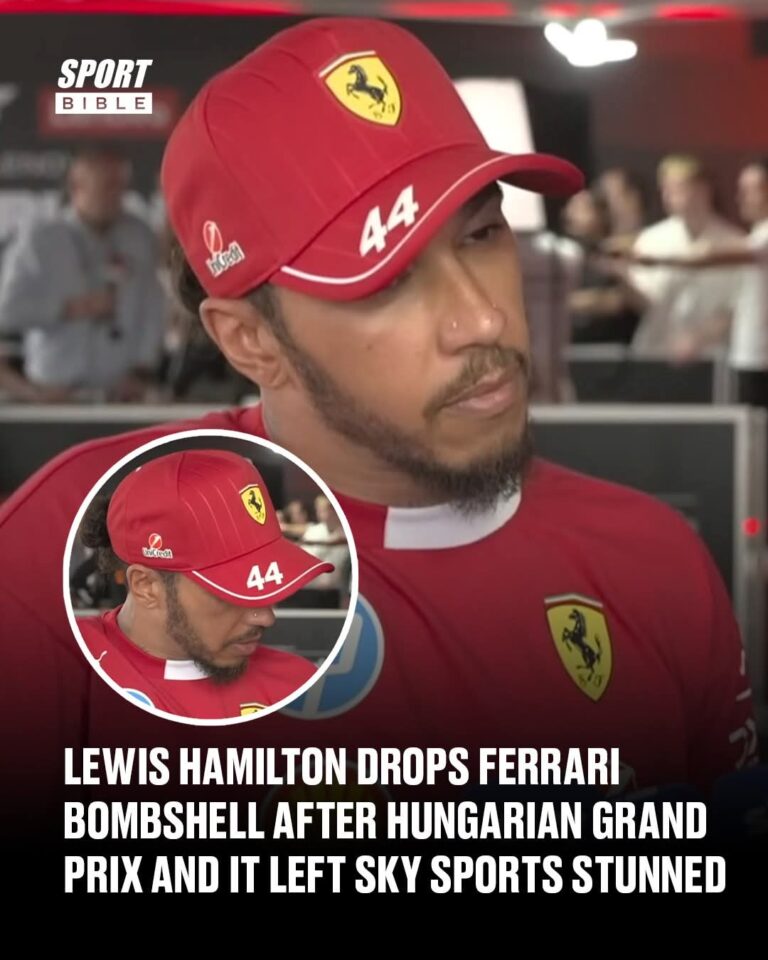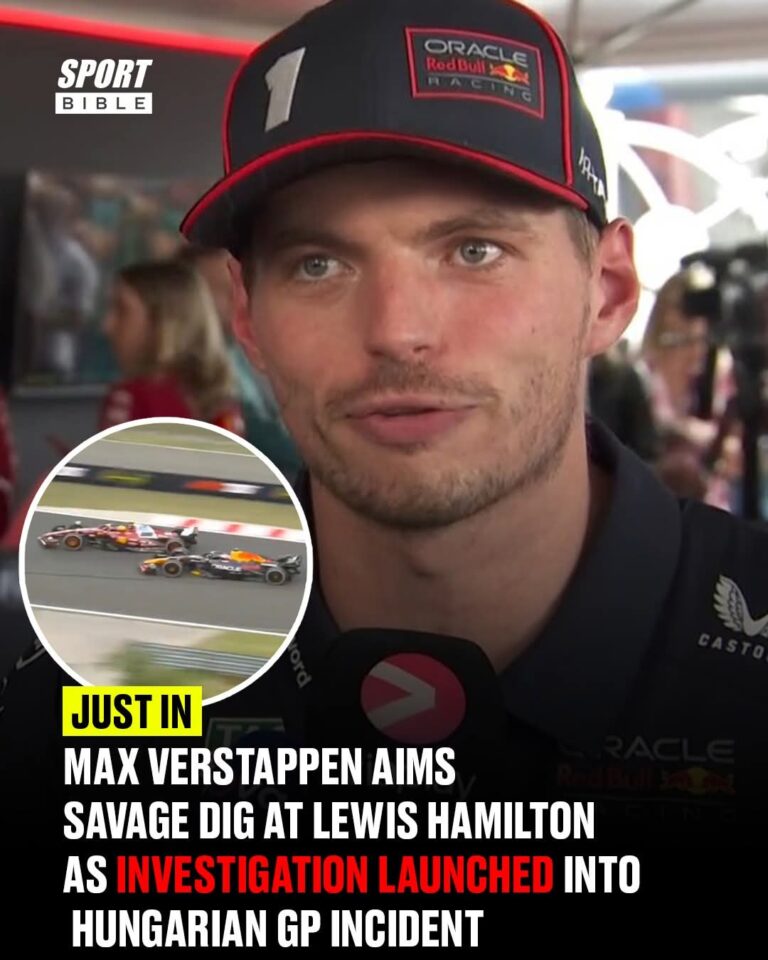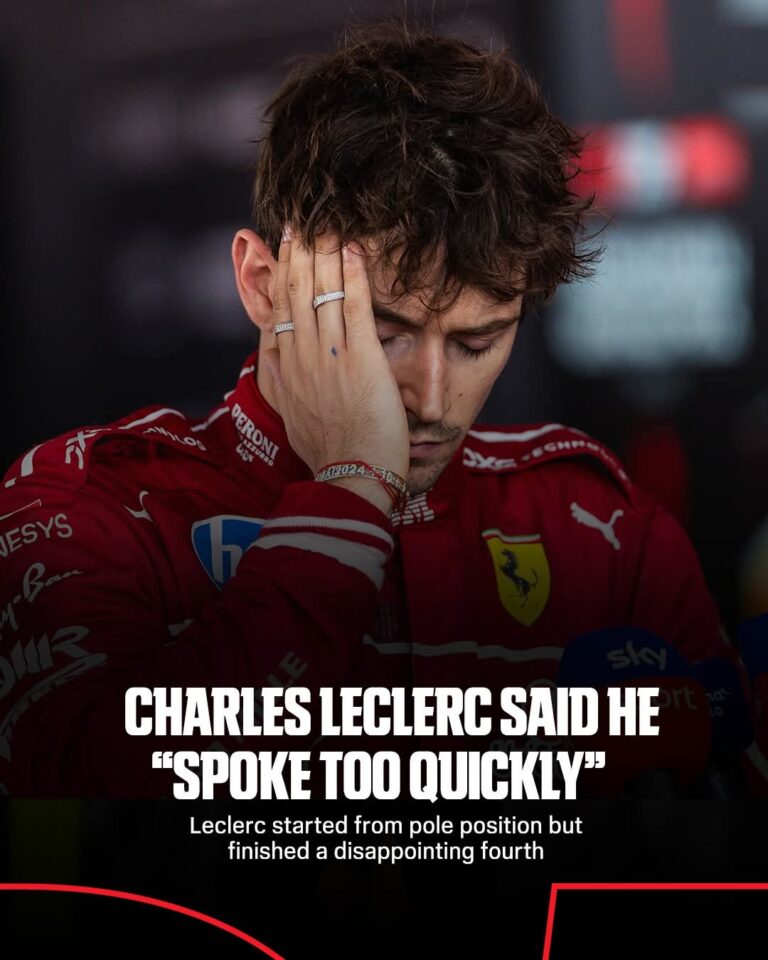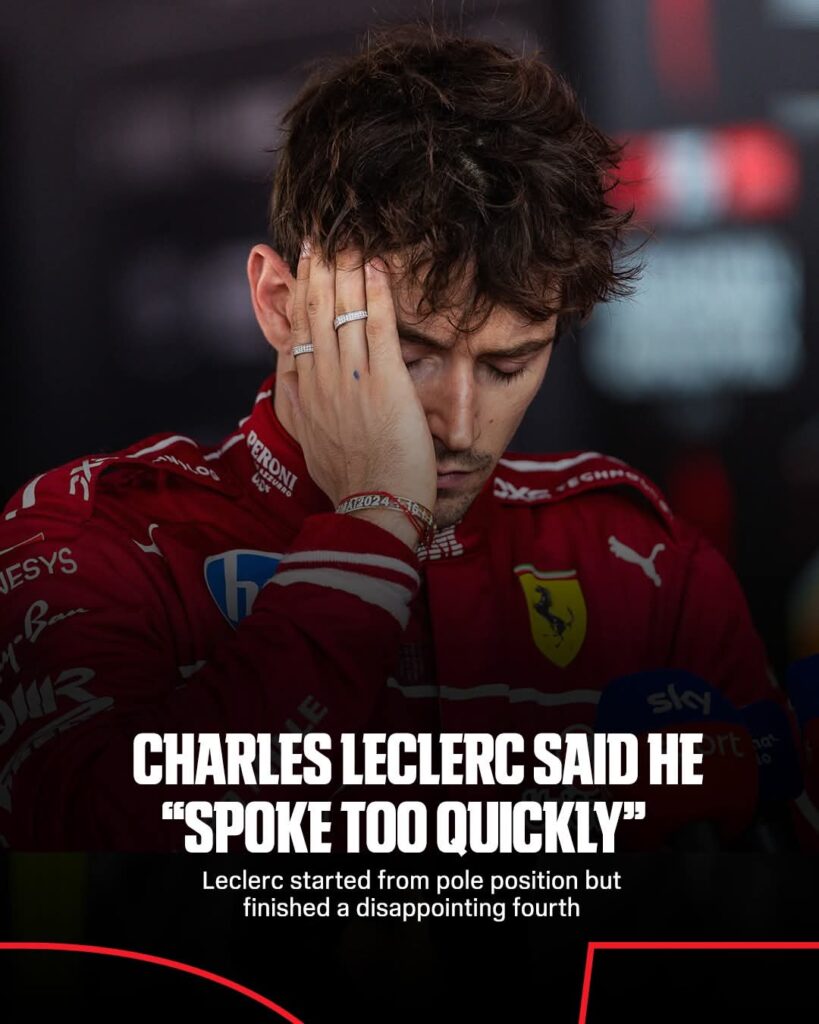
Charles Leclerc has sought to temper the intensity of his earlier radio outbursts during the Hungarian Grand Prix, acknowledging that his mid-race frustration stemmed from incomplete information rather than any fundamental breakdown with Ferrari’s strategy team. The Monegasque driver’s initial comments, laced with irritation, had sparked speculation of growing tensions within Maranello’s camp.
During the race, Leclerc unleashed some of his sharpest radio criticism of the season, lamenting what he perceived as strategic mismanagement and declaring the car “undriveable.” His vocal displeasure coincided with a sharp decline in performance after starting from pole, as McLaren’s pace proved overwhelming and Ferrari struggled to respond with decisive tactical calls. The impassioned messages were widely circulated, amplifying narratives of internal discord.
Post-race, however, Leclerc adopted a markedly conciliatory tone, clarifying that his in-race assessment was based on a skewed perspective from the cockpit. “In the car, I didn’t have the full picture. Now, I do,” he explained, later revealing that an underlying chassis issue from lap 40 compounded his difficulties. This mechanical anomaly, he admitted, left him largely powerless in the final phase, further fueling his exasperation during the broadcast exchanges.
Despite the meltdown, Leclerc maintained that his trust in the team remains intact, framing the incident as an inevitable byproduct of high-pressure racing rather than a rupture in the driver-engineer relationship. “These situations happen when emotions run high, but the collaboration is strong,” he asserted, signaling Ferrari’s commitment to transparency and internal unity ahead of the upcoming rounds.
As the Scuderia prepares for the Dutch Grand Prix following the summer break, the episode serves as a reminder of the razor-thin margins between triumph and turmoil in Formula One. While Leclerc’s outburst provided headlines, his subsequent clarification suggests Ferrari remains aligned in its pursuit of resurgence—though the pressure to convert pole positions into victories will only intensify in the season’s second half.
